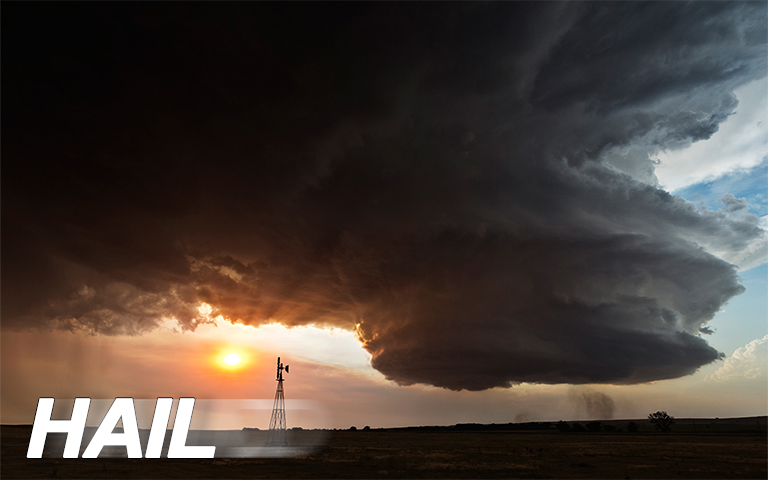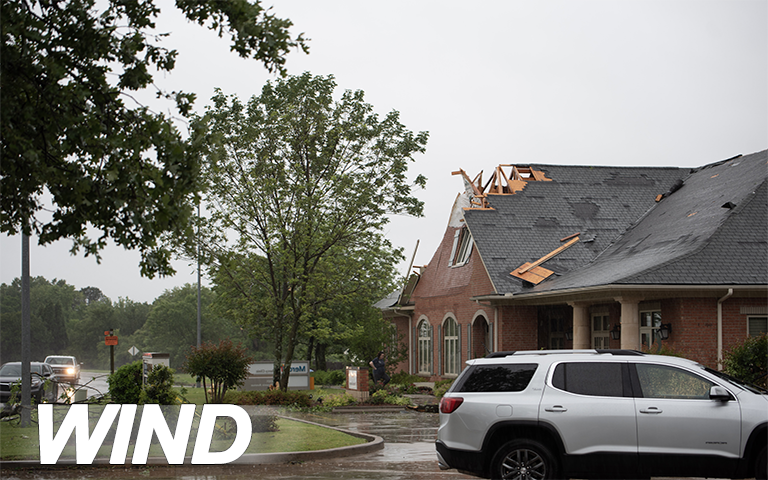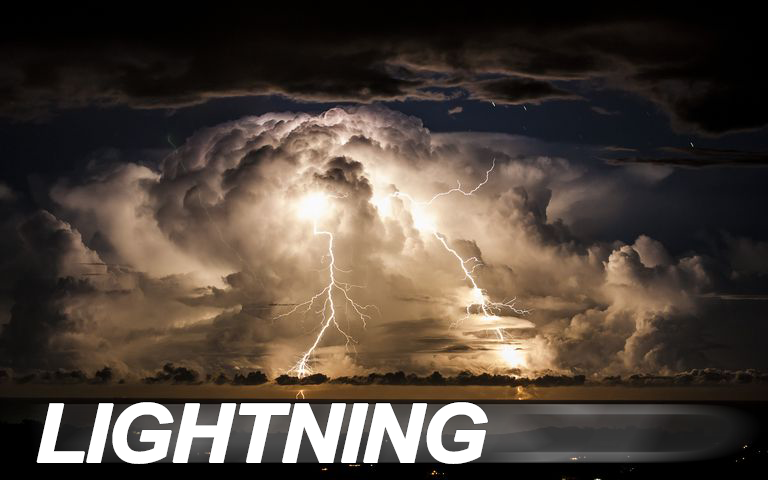Weather Perils
Mother Nature vs. Your house!
Don’t be victimized in the adjustment and repair replacement process resulting from hail damage. It just makes good sense to have a licensed public adjuster handle your hail damage claim to make sure you are properly compensated for your hail property loss according to the policy ou have with your insurance carrier. Filing a property insurance claim and successfully recovering your financial loss from hail damage can be quite challenging given the many insurance policy coverage issues that arise and the discretionary nature of the insurance adjusting process. If a hailstorm is severe enough, visible damages should be obvious and undisputed and thus coverage of the loss should be confirmed early on in the process. This is the easy part. Unfortunately many policy holders are offered partial repairs of roof and siding rather than proper replacement.
What about damage resulting from a high wind event? One must always look to the specific policy language of the loss in question. Typically, if the windstorm event causes a breach (break) in the building envelope (that is, the roof or walls) and water comes into the building due to that breach, then you are typically covered. This would include water damage to the building itself, such as drywall damage, particle board expansion, electrical damage, mold, etc. Water damage to any contents would also typically be included as part of the loss. Wind driven rain can be very problematic; in a hurricane many insurance companies will not pay unless there is a breach or opening in a structure.
For lightning losses that do not result in a fire, damage is usually caused by the electrical surge that is produced by the strike. Although not always immediately known, lightning can cause significant damage to appliances, electronics, computers, phone systems, electrical fixtures, and the electrical infrastructure of your home or business. The resulting damage, once identified and measured, may be far more significant than one initially realizes, possibly leading to temporary loss of access to the home or significant loss of revenue for businesses.
It may be important to determine where the electrical surge occurred. Many insurance policies will not pay for losses that result from off premises power surges. So be prepared to deal with this issue should the insurance company bring this up. Also, there is a difference between a lighting strike and a power surge. Some insurance companies may want you to get a lightning affidavit signed by your repair person. Discuss the cause of the loss and where it occurred with your repair person so you understand the reasoning of the origin of the damage on this important issue.
The primary challenge in assessing and measuring the scope of damage from any electrical loss is first to determin the scope of damage to the property. Are any contents damaged? If so, to what extent has the lightning or power surge damaged these items? Are the items repairable or a total loss? In many cases, in order to answer these questions it may be necessary to bring in experts to make a ‘scope of loss’ determination. These experts may include electrical engineers, appliance and electronics experts, to name a couple.



